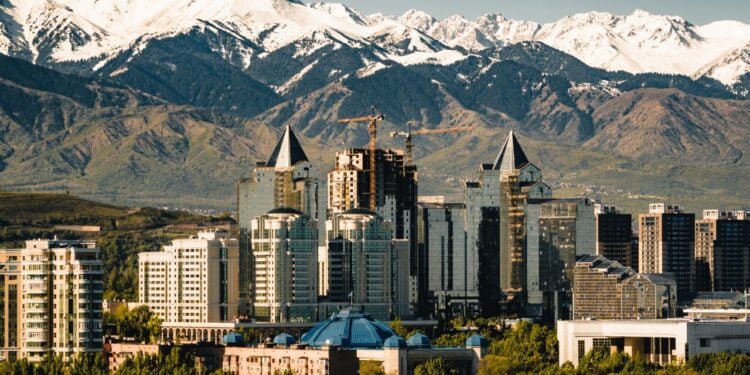Kazakhstan is welcoming digital nomads with the introduction of its new “Neo Nomad” visa, designed to cater to remote workers from around the world. This visa allows travelers to live and work in Kazakhstan for up to a year, offering an exciting opportunity for those in fields like programming, marketing, design, consulting, and e-commerce, according to Travel and Leisure Asia.
To qualify for the Neo Nomad visa, applicants must meet a few basic requirements:
- A stable income of at least USD 3,000 (about SGD 3,984) per month
- Proof of health insurance
- A clean criminal record
The visa targets remote workers, often referred to as “modern nomads,” who can contribute to the local economy while enjoying the flexibility to travel and work across the country.
Kazakhstan is optimistic about the potential economic benefits of this new visa. With a forecast of USD 7.3 million (around SGD 9.7 million) in annual revenue from the program, officials are hopeful that it will attract a significant number of digital nomads—projecting that around 500 remote workers could take advantage of this new opportunity each year.
The Neo Nomad visa draws inspiration from over 50 countries that launched similar programs after the COVID-19 pandemic, such as Taiwan and Thailand. Kazakhstan aims to tap into the growing global community of digital nomads, which is estimated to number over 35 million worldwide.
In addition to providing digital workers with a unique travel experience, the Neo Nomad visa is expected to stimulate Kazakhstan’s tourism sector and local businesses. The influx of international remote workers is also expected to generate foreign exchange, contributing to the country’s economic growth without impacting the local labor market.
Minister of Tourism and Sports, Yerbol Myrzabosynov, emphasized that Kazakhstan’s goal is to create opportunities for digital nomads to explore the country, bringing both cultural exchange and economic benefits.
While the final details of the program are still being finalized, the Neo Nomad visa is poised to position Kazakhstan as a new hub for remote workers seeking adventure and stability.


 Dr. Gleb Tsipursky – The Office Whisperer
Dr. Gleb Tsipursky – The Office Whisperer Nirit Cohen – WorkFutures
Nirit Cohen – WorkFutures Angela Howard – Culture Expert
Angela Howard – Culture Expert Drew Jones – Design & Innovation
Drew Jones – Design & Innovation Jonathan Price – CRE & Flex Expert
Jonathan Price – CRE & Flex Expert












